10 February 2025
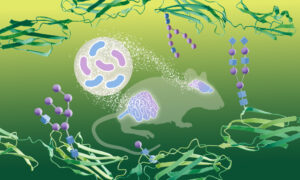
Scientists have discovered that gut bacteria can alter molecular signatures in the brain, using a brand new method to study how carbohydrates modify proteins.
SCIENCE & TECHNOLOGY
6 December 2024

Lennart Philipson Award recipient Giulio Superti-Furga discusses the scientific achievements he's most proud of, the importance of entrepreneurship, and why he had his personal genome sequenced.
PEOPLE & PERSPECTIVES
24 October 2024
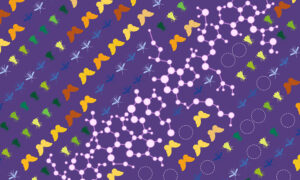
Employing a library of more than 1,000 chemicals, EMBL researchers and collaborators investigated how agrochemicals affect insect populations.
SCIENCE & TECHNOLOGY
10 July 2024

The dynamic world of proteomics is shaping the future of personalised medicine, but some obstacles stand in the way
SCIENCE & TECHNOLOGY
2024
perspectivesscience-technology
26 January 2024

Streamlining proteomics data access for machine learning applications.
2024
sciencetechnology-and-innovation
25 January 2024
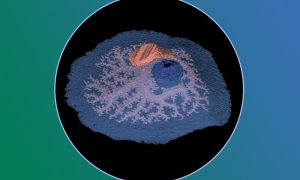
Sponges lack muscles and neurons. Yet, they make coordinated movements. Scientists at EMBL Heidelberg have discovered that sponge movement is controlled by an ancient ‘relaxant-inflammatory’ response that is also present in vertebrate blood vessels. The findings shed light on sponge physiology…
SCIENCE & TECHNOLOGY
2024
sciencescience-technology
15 May 2023
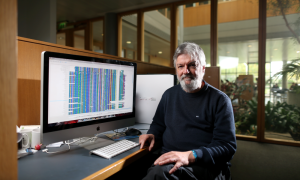
Desmond Higgins, 2023 Lennart Philipson Award winner, discusses his time at EMBL and his research developing sequence alignment tools.
EMBLetc
18 July 2022
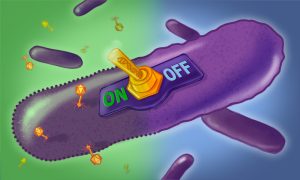
EMBL researchers now understand the function of an elusive small DNA in bacteria and have developed a tool that can be used to better understand what might ‘switch on’ bacterial immune defences.
SCIENCE & TECHNOLOGY
2022
sciencescience-technology
24 February 2022

New Expression Atlas release features differential-proteomics and baseline-proteomics experiments in collaboration with the PRIDE team at EMBL-EBI. This also includes new baseline DIA proteomics experiments as well as new differential proteomics datasets. To improve reproducibility,…
2022
updates-from-data-resources
8 September 2021
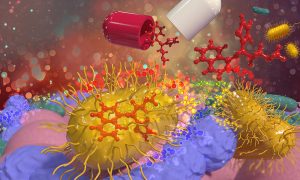
A new collaborative study led by EMBL group leaders Kiran Patil, Nassos Typas, and Peer Bork has found that common medications accumulate in human gut bacteria. This process reduces drug effectiveness and affects the metabolism of common gut microbes, thereby altering the gut microbiome.
SCIENCE & TECHNOLOGY
2021
sciencescience-technology
7 July 2021
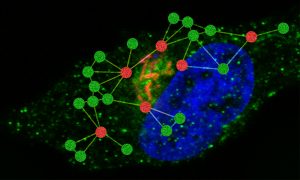
Research in the Typas group uncovers new details of the strategies Salmonella uses to survive in infected cells.
SCIENCE & TECHNOLOGY
2021
sciencescience-technology
17 June 2021

EMBL group leaders Julia Mahamid, Anna Kreshuk & Jonas Ries awarded Chan Zuckerberg Initiative grant to advance what we see inside cells.
LAB MATTERSPEOPLE & PERSPECTIVES
2021
lab-matterspeople-perspectives
1 June 2021

EMBL and the Swedish Science for Life Laboratory sign agreement to advance science together.
CONNECTIONSLAB MATTERS
2021
connectionslab-matters
16 February 2021
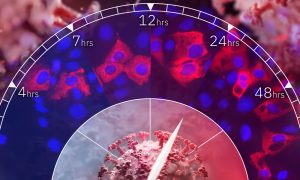
A team of EMBL scientists and colleagues have analysed how the novel coronavirus affects proteins in human cells. They identified several human proteins as potential drug targets to prevent viral replication.
SCIENCE & TECHNOLOGY
2021
sciencescience-technology
9 December 2020
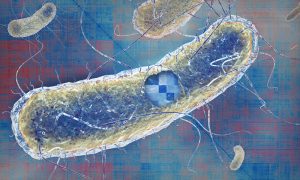
A new paper from EMBL’s Savitski team and Typas group describes their work on E. coli and how it brings a greater understanding of the way genes function and interact.
SCIENCE & TECHNOLOGY
2020
sciencescience-technology
8 June 2020
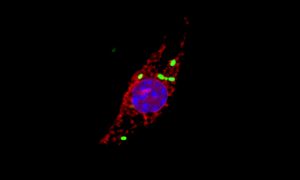
Scientists including members of EMBL’s Typas group have investigated how immune cells called macrophages respond to infection by the intracellular pathogen Salmonella enterica. They discovered that Salmonella causes newly produced cathepsins to accumulate in the nuclei of infected cells to…
SCIENCE & TECHNOLOGY
2020
sciencescience-technology
15 April 2020
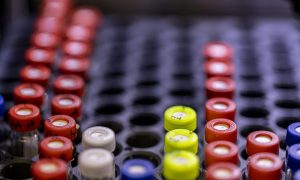
EMBL researchers are studying how drugs that have shown good results against COVID-19 work in living cells
SCIENCE & TECHNOLOGY
2020
sciencescience-technology
20 January 2020
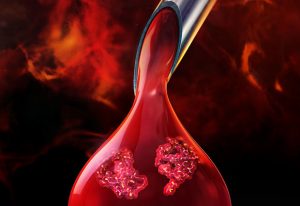
EMBL scientists identify drug targets in blood and organs
SCIENCE & TECHNOLOGY
2020
sciencescience-technology
5 July 2019
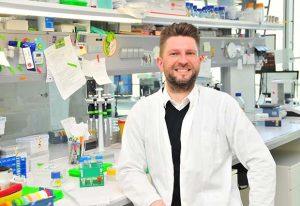
The naked mole-rat as a model organism in ageing research
PEOPLE & PERSPECTIVES
2019
alumnipeople-perspectives
11 March 2019

Scientists develop technology to measure how ATP concentration affects protein solubility in cells
SCIENCE & TECHNOLOGY
2019
sciencescience-technology
6 July 2018
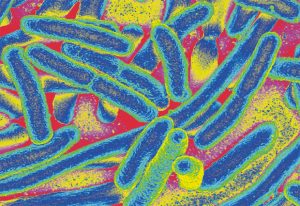
EMBL scientists investigate how bacteria melt to study their reaction to drugs
SCIENCE & TECHNOLOGY
2018
sciencescience-technology
24 March 2017

ERC grantee Edward Lemke shares his vision for the next ten years
SCIENCE & TECHNOLOGY
2017
sciencescience-technology
13 March 2017
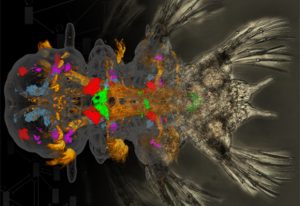
ERC grantee Detlev Arendt shares his vision for the next ten years
SCIENCE & TECHNOLOGY
2017
sciencescience-technology
26 September 2016
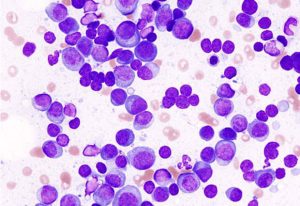
Side-effects of leukaemia drug explained, reveal possibility of repurposing to treat other diseases
SCIENCE & TECHNOLOGY
2016
sciencescience-technology
26 September 2016
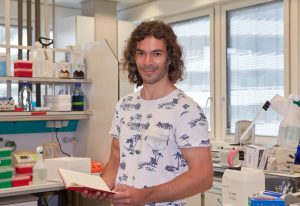
New head of Proteomics Core Facility also runs stability proteomics lab
PEOPLE & PERSPECTIVES
2016
people-perspectivesscience
21 September 2016

EMBL alumnus Angus Lamond is driving forward new ways to explore the proteome
PEOPLE & PERSPECTIVES
2016
alumnipeople-perspectives
16 January 2015

New Christian Boulin Fellowship: 15 awards of up to €1500 for visitors to EMBL’s Core Facilities.
LAB MATTERS
17 November 2014

Whether it’s information or people, the art of connecting is key to new group leader Judith Zaugg
PEOPLE & PERSPECTIVES
2014
people-perspectivesscience
17 July 2014
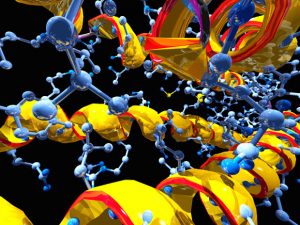
Cell biologists "underestimate the complexity" of protein interactions, says Toby Gibson.
SCIENCE & TECHNOLOGY
2014
sciencescience-technology
25 June 2014

A new EMBL-EBI biomedical initiative works to determine the best target proteins for new drugs.
CONNECTIONSLAB MATTERS
2014
connectionslab-matters
28 August 2007
Three papers published by EMBL scientists and their collaborators will make it much easier to share and compare information from large-scale proteomics data. The papers are published in Nature Biotechnology on 8 and 26 August. As the quantity of available biological information and the use of…
LAB MATTERS
29 August 2005
The European Bioinformatics Institute and Flanders Interuniversity Institute for Biotechnology (VIB) – Ghent University have launched the PRoteomics IDEntifications database (PRIDE). PRIDE allows researchers who work in the field of proteomics – the large-scale study of proteins – to…
CONNECTIONSLAB MATTERS
2005
connectionslab-matters
No results found





























